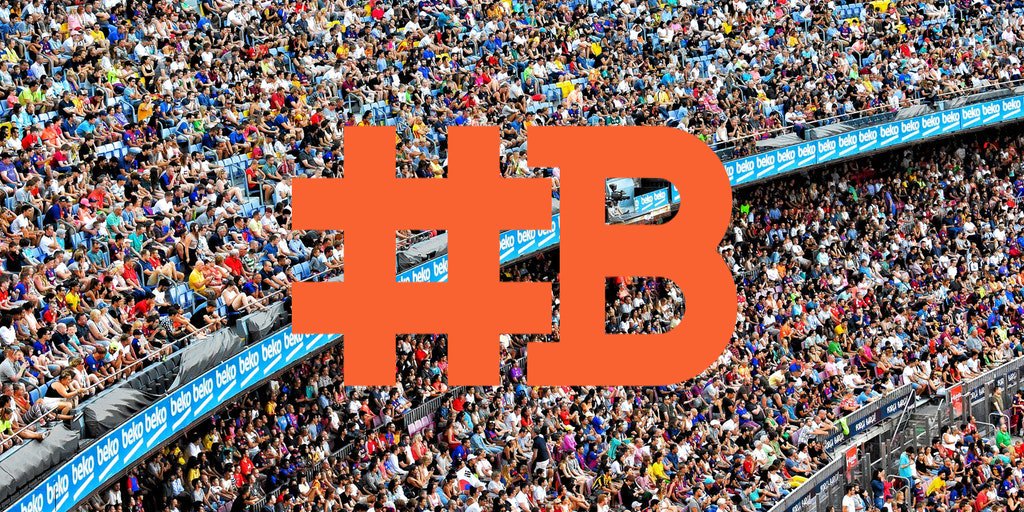This translates into a much better user experience, but can also mean greater operational overhead, lower margins, and difficulty growing.
Consider Beepi--a managed marketplace for used cars--which created an amazing user experience (90+ NPS), but ultimately shut down due to challenges becoming unit economic profitable in many markets.
- Uber (more managed w/ centralized matching and pricing) vs. Sidecar (double opt in, no centralized pricing)
- Rover vs. finding a dog walker on CL/via WOM
- TheRealReal vs. unmanaged consignment marketplaces
1) Focus on a service category where users value the experience differential and are willing to pay a premium that offsets increased costs
2) Building software to improve efficiency
3) Focus on high AOV & high frequency






